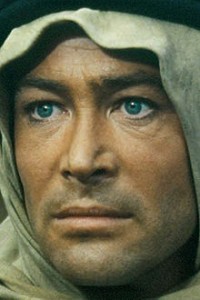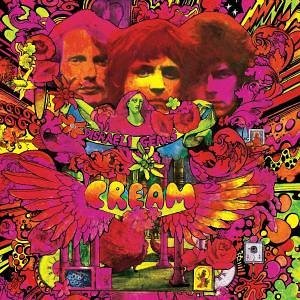Folk great Pete Seeger passed away today, ideally peacefully, at the age of 94.
Seeger might not be thought of as a rocker, but he represented the spirit and attitude that any serious musician–or artist, for that matter–held and spoke, unashamedly about any cause.
Seeger was a founding member of the Weavers–who recorded probably had their biggest hit in the 50’s with Goodnight Irene by Lead Belly–some of whom were blacklisted during the McCarthy era for their beliefs.
However, in the 60’s, with the emergence of Bob Dyan, Joan Baez, and Peter, Paul, and Mary, Seeger found company and even a mentor-ship as his songs If I Had a Hammer, Waist Deep in the Big Muddy, and Turn! Turn! Turn! found their way to radio play.
Seeger, who played with Woody Guthrie as well as Lead Belly (with whom he co-wrote So Long, It’s Been Good to Know You along with fellow activist and musician, Lee Hays) was a pioneer in roots recording, and equally important, the Civil Rights Movement that grabbed hold in the 60’s, and is really still going on.
Seeger was a great gentleman by all accounts, and a man dedicated to humanity and equality and freedom for all human beings: something I like to think all artists, and especially rockers, strive for.
But, in thinking about Seeger, I could not help but think of the clip of him in Martin Scorsese’s fabulous American Masters documentary about Bob Dylan, No Direction Home.
Seeger is so sweet and perplexed and definite about wanting the cables to the electric guitars of Mike Bloomfield and Dylan at the Newport Folk Festival, in 1965, that it is funny to think how we all as human beings have our limits and adjustments.
For, Seeger was indeed a progressive politically. And, as a guy who quit the Weavers because they had signed an agreement to perform a cigarette jingle, he was certainly principled. But, I guess some progress, like cranked up Mike Bloomfield blues licks were hard to take for a middle-aged banjo player.
The world was a better place with, and because of Pete Seeger. And, it is sadder with him gone.
I did try to find the clip from No Direction Home, but couldn’t (although I highly recommend the movie and soundtrack) but, I did find this lovely clip of Seeger performing Dylan’s Forever Young.
And, well, remember, attitude does not have to be in-your-face Ted Nugent. A quiet message is always the most powerful, and Seeger was the purveyor of just that.


